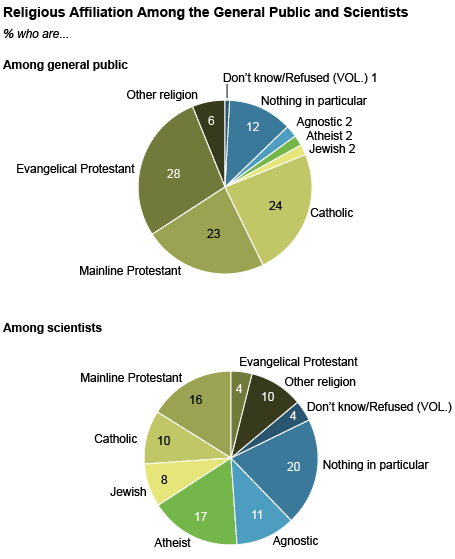


Colleges and universities, private foundations, and Federal Government agencies, such as the National Institutes of Health and the National Science Foundation, contribute to the support of scientists whose research proposals are determined to be financially feasible and to have the potential to advance new ideas or processes.īiological scientists who work in applied research or product development apply knowledge gained through basic research to develop new drugs, treatments, and medical diagnostic tests increase crop yields and develop new biofuels. Many biological scientists involved in basic research must submit grant proposals to obtain funding for their projects. Many expand on specialized research they started in graduate school. These biological scientists mostly work in government, university, or private industry laboratories, often exploring new areas of research. Most biological scientists specialize in one area of biology, such as zoology (the study of animals) or microbiology (the study of microscopic organisms).īasic research in biological sciences advances our knowledge of living organisms so that we can develop solutions to human health problems and improve the natural environment. Applied research is directed towards solving a particular problem. Basic research is conducted without any intended aim the goal is simply to expand on human knowledge.

Research can be broken down into two categories: basic and applied. They perform research to gain a better understanding of fundamental life processes and apply that understanding to developing new products or processes. Biological scientists study living organisms and their relationship to the environment.


 0 kommentar(er)
0 kommentar(er)
